Michael Douglas: “The tumor is gone.”
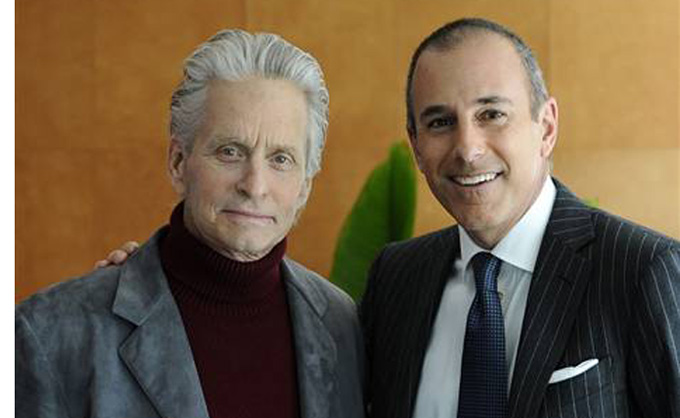
This morning the Today Show aired an exclusive interview between Matt Lauer and Michael Douglas. As you know, Douglas was diagnosed with Stage 4 throat cancer in August 2010. He underwent 7 weeks of radiation therapy and intensive chemotherapy. Now Douglas says that he recently got the news that the tumor is gone: “I think the odds are with the tumor gone and what I know about this particular type of cancer that I’ve got it beat.” Douglas says that he lost about 35 lbs. during his treatment and has regained about 12 of those pound back by “eating like a pig.” He also reports that, along with some residual fatigue, that his salivary ducts have “shut down” for at least a year or two, and that the resulting dry mouth especially affects him while sleeping. For now, the 66-year-old will follow-up with physicians each month. Three years is considered the benchmark for considering a patient with his type of disease truly cancer-free.
Dry mouth, medically called xerostomia, is a very common side-effect of head and neck radiation therapy. Doctors use head and neck radiation to treat cancer because it kills cancer cells. But radiation to the head and neck can also harm normal cells in the mouth. Side effects include problems with the teeth and gums, glands that make saliva (spit), and jaw bones.
Saliva does more than keep the mouth wet.
- It helps digest food
- It protects teeth from decay
- It prevents infection by controlling bacteria and fungi in the mouth
- It makes it possible for you to chew and swallow
Without enough saliva you can develop tooth decay or other infections in the mouth. You also might not get the nutrients you need if you cannot chew and swallow certain foods.
Dry mouth…
- can cause difficulties in tasting, chewing, swallowing, and speaking
- can increase your chance of developing dental decay and other infections in the mouth
- can be caused by certain medications or medical treatments
What can I do?
- Sip water or sugarless drinks often.
- Avoid drinks with caffeine, such as coffee, tea, and some sodas. Caffeine can dry out the mouth.
- Sip water or a sugarless drink during meals. This will make chewing and swallowing easier. It may also improve the taste of food.
- Chew sugarless gum or suck on sugarless hard candy to stimulate saliva flow; citrus, cinnamon or mint-flavored candies are good choices.
- Don’t use tobacco or alcohol. They dry out the mouth.
- Be aware that spicy or salty foods may cause pain in a dry mouth.
- Use a humidifier at night.
Source: National Institute of Dental and Craniofacial Research




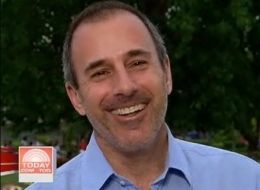


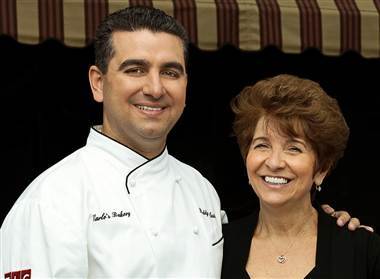







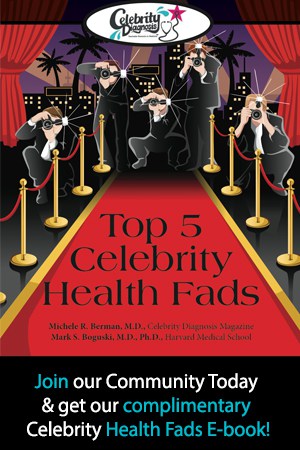
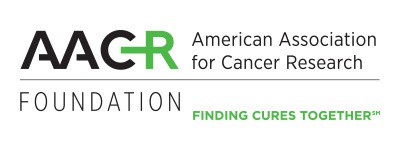

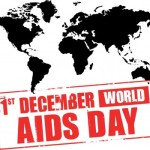








0 comments